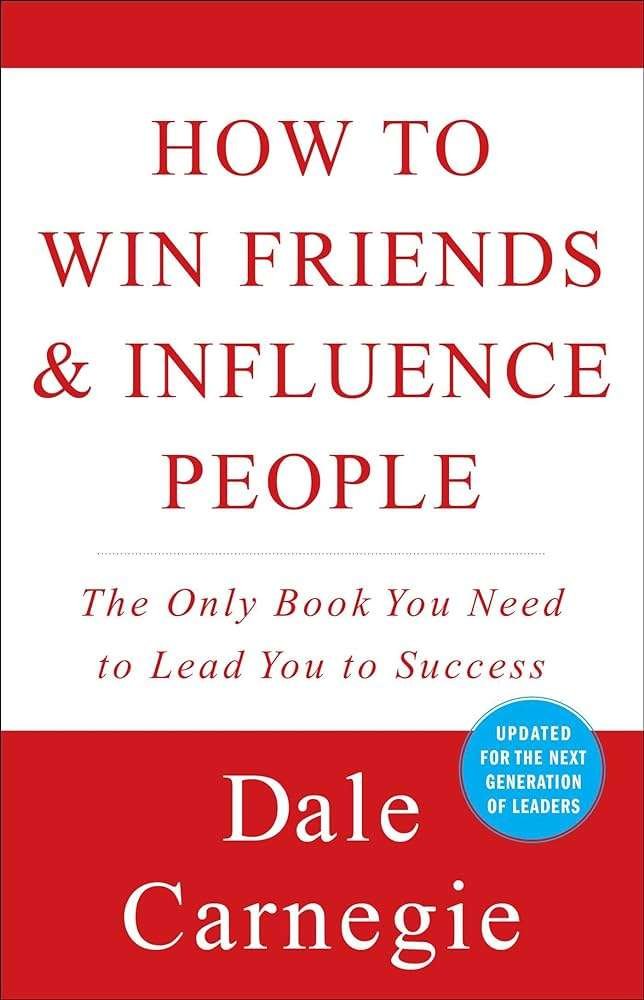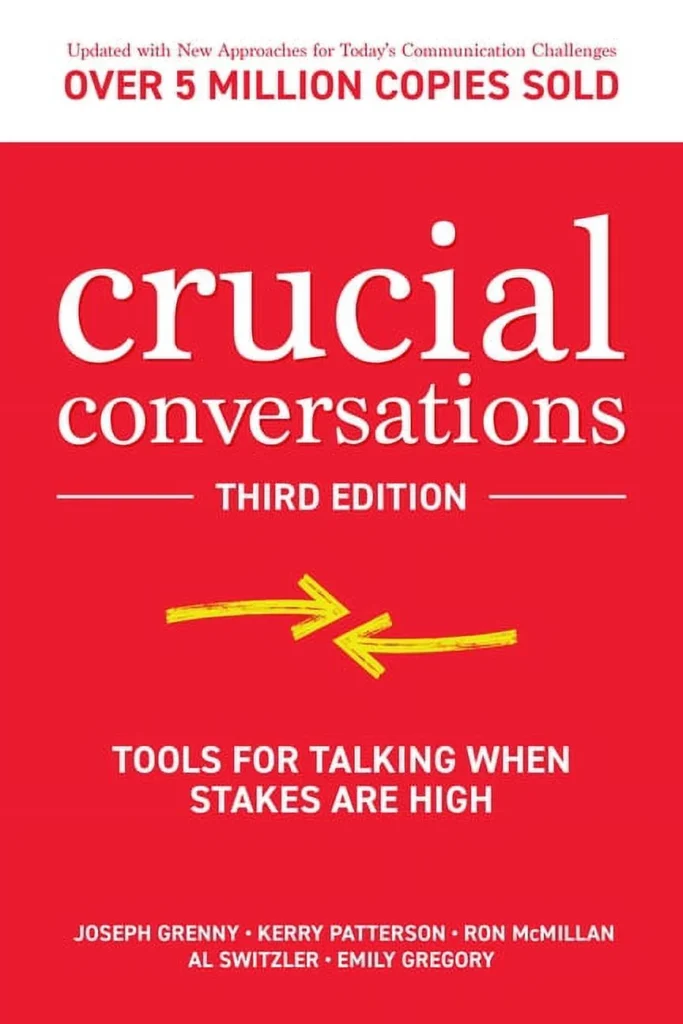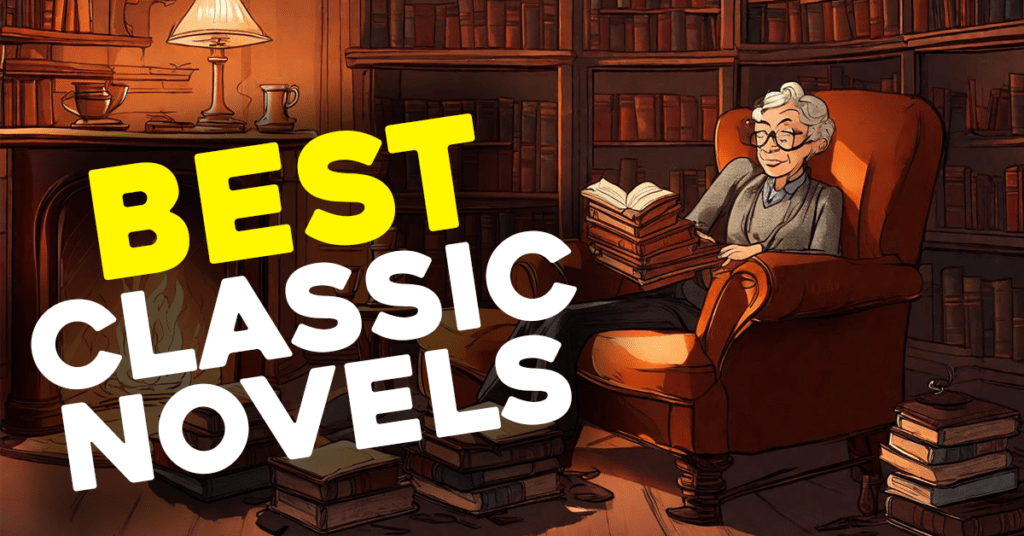Introduction
Even back in 2011, technical skills were not enough to get you hired; this statement is especially true as we grown into the age of faster paced job market landscape. Yes, your craft is important but it really is the soft skills that elevate you in a career. Skills such as communication, empathy and problem-solving do not only translate to being a more employable person but crucially to becoming an opening minded individual. Finally, soft skills books can provide readers with specific lessons and strategies for improving these types of abilities.
The Importance of Soft Skills in Today’s Workplace
What are Soft Skills?.JMenuItemSoft skills (or interpersonal/vocational qualities) describe how we approach work and interact with others.
In contrast, soft skills are personality traits and interpersonal abilities that affect the way you can work or interact with other individuals. These skills are such as communication, teamwork, adaptability and emotional intelligence. Unlike hard skills – those specific, teachable abilities that can be defined and measured more easily- soft are much harder to define and measure.
A Changing Workforce with Soft Skills for the New Economy
Automation and AI are going to make this even more the case as we look ahead, too — creating a stronger economy around those skills that machines can not replicate. These days, employers want well-rounded employees, those who are much more than their technical skills – adaptable problem solvers and team players.
Soft Skills vs. Hard Skills
While hard skills can help get you job interviews, soft matters are what distinguishes top workers Perhaps the single most lasting piece of advice I received from friends there was how important soft-skills were in succeeding on those jobs. Hard skills are learnt by gaining proper education and training, while soft skills can only be developed over time through experiences we had in life.

The Benefits of Reading Soft Skills Books
Everything Is Progress – Be Better
They are most often found in soft skills books, and you can be certain to learn them if read that type of literature about how not only assh*@*es act but also have insight into what the same behavior looks like on your side of things-your own emotions, conflicts, socialising…
Improved Working Relationships
This creates better professional relationships which is a very positive work atmosphere for collaboration and support among colleagues.
Amplified Performance and Job Satisfaction
Soft skills mastery will boost job performance and satisfaction as it equips you with the ideal tools to tackle problems at work more efficiently while creating positive workplace relationships.
Hey! sometimes you need to laugh also! Check our best satire books

Top Must-Read Soft Skills Books
1. Emotional Intelligence by Daniel Goleman
Overview of the Book
Emotional Intelligence by Daniel Goleman – What separates a great leader from an average one, at work and in life?
About the Author | Own Your Freedom
Psychologist and science journalist Daniel Goleman writes extensively on emotional intelligence, which is the driving force behind success in any situation.
Key Themes and Concepts
Understanding and developing the five elements of emotional intelligence – self-awareness, self-regulation, motivation, empathy and social skills.
Target Audience
Anyone can benefit from this book – from someone looking to improve their self-awareness and interpersonal skills as an entry-level employee or new manager all the way reaching seasoned managers.
Fundamental Emotional Intelligence Lessons
- Empathy – Recognize and understand your own emotions, reactions to those emotions in details as above.
- EMOTION INTELLIGENCE, MANAGING EMOTIONS: Gaining control and using stress or challenge – EFFECTIVELY
- Empathy and Social Skills: Develop more empathy, learn how to relate better with other people (relationships).
Real-World Use Cases
- Conflict Management Practices: adopt best practices to manage conflict and enhance team cohesion.
- Using Emotional Intelligence to Build Trust and Rapport with Coworkers/Clients
- Build Team Dynamics: Foster EQ principles in team-interactions for better collaboration and performance.

2. How to Win Friends and Influence People – Dale Carnegie
Overview of the Book
Dale Carnegie has penned this classic guide to boost your interpersonal skills and develop healthy relationships.
Setting & Impact of the Author
This masterpiece, written in the 1930s has made a profound impact on so many people throughout history and continues doing that due to its practical guidance provided regarding communication.
Structure and Major Sections
It contains sections on the “7 ways to get people to like you,” followed by recommendations for handling relationships with others.
For whom this book is relevant
This course is ideal for everyone from potential leaders to virtually anyone who wishes to be better at dealing with people.
Blinders for Communication
- Fundamental Techniques in Handling People. Principle 2) Give honest and sincere appreciation.
- Here are some of the things you will learn in How to Win Friends and Influence People:Fundamental Techniques in Handling People, Six Ways to Make People Like You, How To Enjoy Your Work And Love Your Life… etc.
- How to Win Friends & Influence People: Learn timeless techniques of persuasion, avoid causing resentment
Applying These Principles at Work
- Moving from Persuasion to Influence: Learn how iNfluence provides both the technology and training you need in order to effectively influence your colleagues, clients using Carnegie’s principle.
- Networking & Relationship Building: Grow and develop relationships with others in your desired career path.
- Team Management and Leadership: Gain insights into your team members’ needs to lead more effectively.

3. The 7 Habits of Highly Effective People by Stephen R. Covey
Overview of the Book
In The 7 Habits of Highly Effective People, Stephen R. Covey presents a holistic, integrated, principle-centred approach for solving personal and professional problems
The Background and Influence of Stephen R. Covey
Stephen R. Covey has developed a method of teaching leadership and personal effectiveness called the A.B.C process, you may have read one or two books around these teachings – he is an incredibly known author as well as speaker on this subject.
Outline and Overview of the 7 Habits
The seven habits of highly effective people are: Be Proactive, Begin with the End in Mind, Put First Things First Think Win-Win Seek first to Understand Then to be Understood Synergize Sharpen The Saw
Captivating For Professionals Across Various Sectors
Because these principles work universally this book will always be relevant and useful for professionals in a variety of fields.

Understanding the 7 Habits
- Independence The First Three Habits: Self-management, self-improvement.
- Think Win-Win The Next Three Habits are focusing on development of Interdependence Habit 5: Seek First to Understand, Then To Be Understood Develop effective person-to-person communication and teamwork.
- Practice continuous improvement: Habit 7 – Sharpen the saw; renew yourself.
Implementing the 7 Habits Professionally
- TIME MANAGEMENT, GETTING THINGS DONE: Use Covey’s principles to prioritise tasks and manage timeCORRECTLY.
- Habits that Build Collaboration and Teamwork: Creating a team of interdependence.
- Goal Setting and Achievement: Ahmad streamlines Covey’s systematic way of setting professional goals.
Ohho, we think you can also try some best crime books

4. Crucial Conversations, by Kerry Patterson, Joseph Grenny, Ron McMillan and Al Switzler
Overview of the Book
Crucial Conversations offers the tools of how to approach tough conversation and feel safe.
Authors Expertise
The authors are leading experts in the domains of organizational behavior, and have researched communication and performance extensively.
Critical Situations Identified in Overview
The book deals with navigating difficult conversations, ones where opinions are opposed and the stakes high and emotions strong.
Intended Readership
Good for all professionals to develop the communication in real-time scenarios.
Crucial Conversations core concepts
- Occupying the High-Ground: How to know if it’s time for a more thoughtful conversation
- Ways to remain still and be focused: How do you stay composed during an uncomfortable conversation.
- Mutual Purpose and Respect: Techniques to help all parties see that their needs are understood and respected
Applying Lessons at Work
- How To Navigate the Awkward Discussions – Support Surprisingly Uncomfortable Conversations With your Peers, or Even Customers
- Contract Negotiations – Polishing the Edges: Level up your negotiation game to gain more winning deals.
- How Can Leaders Create a Collaborative Environment?: Foster an environment where open communication is much welcomed and trust, high;

5. Book #1, Getting Things Done by David Allen
Overview of the Book
The best book on productivity is probably “Getting Things Done” (GTD) by David Allen that provides a thorough system to help people get a grip with their tasks and projects.
Author’s Professional Journey
David Allen is a productivity consultant, author and the founder of Getting Things Done – one way for people who are part of organizations to increase their efficiency.
Introduction to the GTD System
The GTD method is about getting in control of your tasks, stemming it properly and regularly reviewing and actioning the inputs.
Who Can Benefit and Why
Professionals who want to be more productive than ever and make less stress in their work-life balance.
Basics of GTD(Method)
- Explore writing tips (first two links for capturing and clarifying tasks) : – Capture Everything & Clarify!
- Organize and Review Workflows – Categorize tasks by actionability and review progress periodically.
- Manages Tasks Effectively: Build a task prioritization and execution system.
GTD in the Workplace
- Increase Efficiency and Decrease Stress: Drawing from the GTD method for simple workflows that build up natural redundancy, a nice + not stress level.
- Project Work & Deadlines: Better project and deadline management.
- Equilibrium Entrepreneurs: Finally create a work-life balance that lets you take care of responsibilities without feeling burnt out / guilty

Summary
Even in the competitive current job market where tech skills are a must, your soft skills (interpersonal and social communication) such as; ability to listen/communicate effectively/empathy etc, would take you further. As we enter this era of automation and AI, human-centric skills (soft-skills) such as social competencies or personality attributes which allow good interaction, are being placed higher on a pedestal.
Soft skills books are a great way to improve these qualities. Books like these can teach us how to be better people, not only in our professional relationships but as we do our job too. Read more in the article: Best Soft Skills books
Detailing how these are soft skills, the article focuses on their value in every industry and tells readers to read these books if they want a better career. The FAQs ) cover the importance of soft skills, why would you read that type of books and not learning it via a different method, how long should your reading time be to benefit from these recommendations, in addition to what if I am into another field.

Frequently Asked Questions (FAQs)
Why are soft skills so important in the workplace?
Soft skills play a crucial role in team dynamics, leadership, and client relationships, making them essential for career success.
How can reading these books specifically help my career?
These books offer practical tips and techniques that can be directly applied in the workplace to improve performance and relationships.
Can I develop these skills without reading these books?
While there are alternative methods for developing soft skills, structured learning from books provides a comprehensive and in-depth understanding.
How much time should I dedicate to reading these books?
Balance reading with work and personal life for continuous growth. Aim for consistent, manageable reading sessions, such as 30 minutes a day.
Are there any specific industries that benefit more from these books?
The applicability of soft skills is universal, making these books valuable for professionals across various fields.
Check Out The Sources
Check Out More


